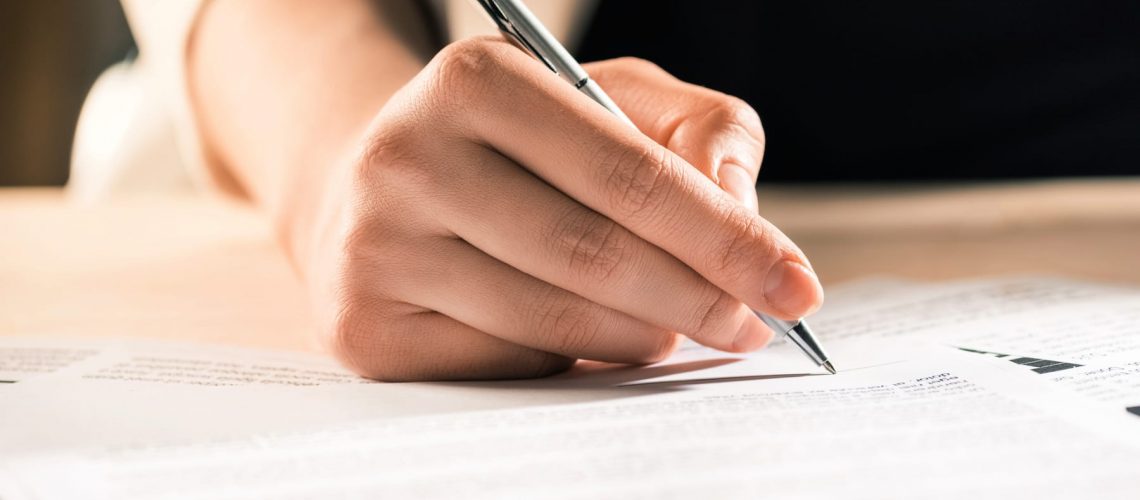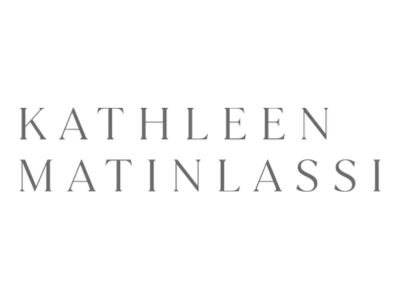Are you planning to buy or sell a house, write a will, organise power of attorney, or appoint an enduring guardianship? With current social distancing rules in place, you may be wondering how. Traditionally, some legal documents require a person to sign in the presence of one or more witnesses. During COVID-19, this has become problematic due to social distancing laws and isolation requirements. Signing legal documents during COVID-19 appears almost impossible!
In response to the practical issues of non-compliance, the NSW government has recently made significant changes. The changes relate to the way in which some legal documents are able to be signed. As of 22 April 2020, the Electronic Transactions Regulation 2017 (NSW) temporarily permits the signing and witnessing of certain legal documents by audio visual links including video conferencing such as Zoom, Facetime, Skype, Microsoft Teams, etc.
Which documents can be witnessed by an audio visual link?
a) a will,
b) a power of attorney or enduring power of attorney,
c) a deed or agreement,
d) an enduring guardianship appointment,
e) an affidavit, including an annexure or exhibit to the affidavit,
f) a statutory declaration.
How does it work?
The witness must
a) view the person signing the document in real-time (so this excludes pre-recorded videos), and
b) attest that the signature was witnessed by signing the document or a copy of the document, and
c) be reasonably satisfied that the document signed by the person is the same document or a copy of the document signed by the witness, and
d) endorse the document or copy of the document with a statement specifying the method used to witness the signature and that it was witnessed in accordance with the Regulation.
The end result
The end result will see counterparts of the document signed by the signatory and the witness(es). The counterparts should be stored together in a secure location to show that the document was validly signed in accordance with the Regulations.
Buying or selling a house
You can still buy and sell property during COVID-19. The real estate agent selling the property must comply with social distancing rules (which currently bans public auctions and open home inspections). However, agents can still take prospective buyers to private inspections of properties. Many agents are also using virtual tours as part of their online marketing campaigns.
The contract can be signed remotely. Your solicitor is still required to verify your identity using several forms of ID, but this can be done either face to face with your solicitor, online, or through a registered verification agent (such as your local post office).
Enduring Power of Attorney & Appointment of Enduring Guardian
Enduring Powers of Attorney and Appointments of Enduring Guardian grant power to another person(s) to make important decisions on your behalf whilst you are still alive.
An Enduring Power of Attorney allows another person to make financial and legal decisions on your behalf (e.g. sell property, access your bank account etc) and continues to operate in the event you do not have the required capacity to make your own decisions.
An Appointment of Enduring Guardian allows another person to make health and lifestyle decisions for you (such as deciding what type of health care you will receive and where you should live etc).
Due to the very important nature of these documents, your solicitor is required to explain them to you in detail and certify that you understand what you are signing, as well as witness your signature.
These documents can be validly signed during COVID-19 using an audio visual link in accordance with the Regulation.
Writing or changing a will
Traditionally, a willmaker must sign the will in the presence of two or more witnesses at the same time. And those witnesses must also sign in the presence of the willmaker.
The Regulation allows the will to be signed using an audio visual link however the requirement for two witnesses remains.
The witnesses do not need any formal qualifications. They could include family members or friends, but they should not be named in the will as an executor or beneficiary. It’s not a good look for Uncle Joe to gift his entire estate to his mates at the pub, who are also the witnesses to his will! Such a gift is also likely to be void in those circumstances.
If you need to sign legal documents during COVID-19, contact a solicitor to discuss your personal circumstances, or give Kylie a call from Mahoney Law in Eleebana. Accommodating this important step in the legal process will allow you to continue on smoothly with your situation. It’s great to see that more and more industries are adapting to change.
Contributor:

Mahoney Law | Local law, done differently
Kylie Mahoney – Owner
Description: Mahoney Law, lead by Kylie, is a boutique law firm specialising in conveyancing/property, estate planning, estates, and elder law. Kylie’s focus is to provide clear, easy to understand advice and guide you through your legal matter. She understands the pressures of modern life and that it can be difficult to organise appointments. That’s why Kylie offers flexible appointments and can come to you.
Phone: 02 4049 5816
E: kylie@mahoneylaw.com.au



















